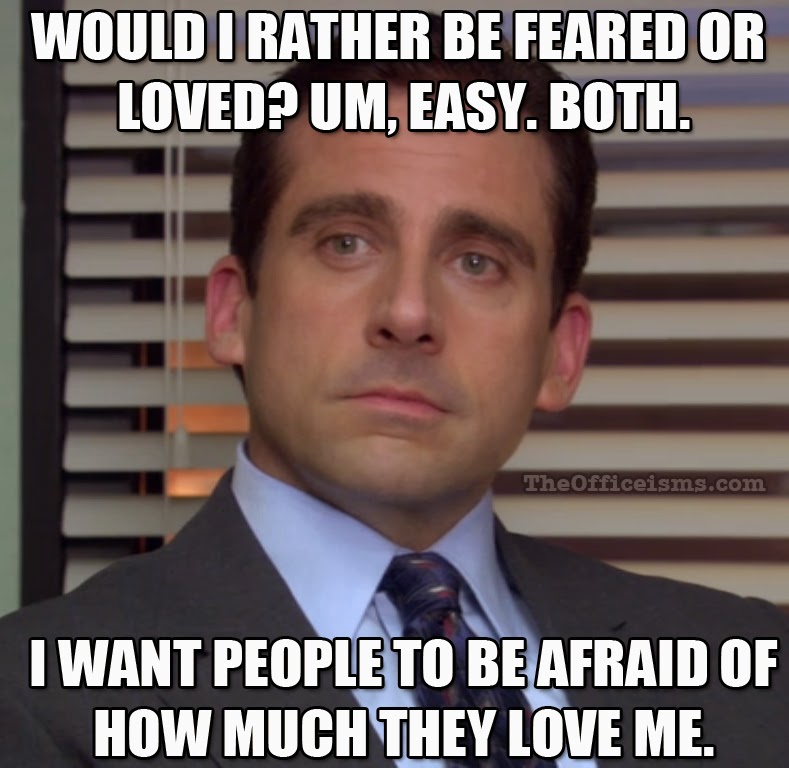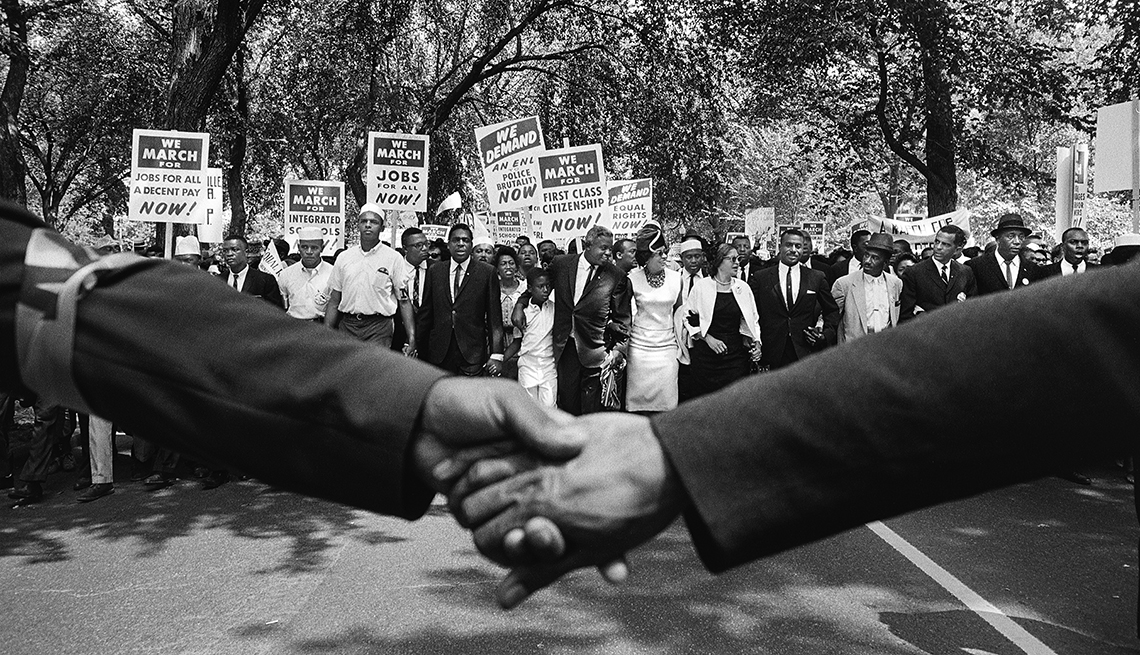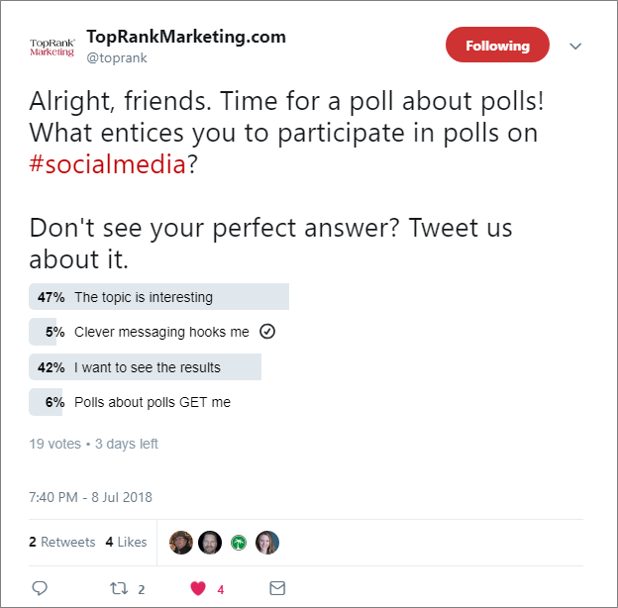Is Pop Culture Good For You?
What is Pop Culture?
“Pop Culture is a universal language that manages in all of its seemingly trivial glory to make us dream and smile; to connect us across racial, political and social divides. It’s parts of our fabric as human beings; it says something about us, about our better nature”( TED, 2013).
The idea of what ‘pop culture’ is has a very distinctive form to certain individuals while for others it may be completely different. The truth is that while ‘pop culture’ did begin as this “fluff” (TED, 2013) little by little it became more than that. Pop culture is anything that causes a reaction or transmits an idea. While at first this was mostly possible through the current art and culture, as Miller explains, changes in technology have moved pop culture to the digital world and now all you need to “agree” is click the like button (TED, 2015).
Andy Warhol
Why does it matter?
“When certain ideas, interest or choices reach a critical mass within a society, they become widespread and proliferate through the society” (TED, 2015).
Pop culture in essence is the transmission of a shared idea. Why does this matter? An idea can have both positive and negative effects depending on what it is, who is consuming it, through what medium, and with what intentions. According to a survey called ‘10 best things’ the top 3 things in a kids list are
1) Being a celebrity
2) Good looks
3) Being rich
According to Miller, a study shows that “75% of parents think negative influences from mass media are a serious problem”( TED, 2015). This is due to the fact that what pop culture breeds is the need for recognition. While having a first row seat at the homes of celebrities and the lives of friends on social media poses some benefits, it also creates a perfect storm for comparisons, jealousy, and ultimately a feeling of dissatisfaction with one’s own life. What is even worse is that if children as young as ten year olds are the ones being exposed to these environments, they are essentially being raised by it; this is their pop culture, their “fabric as human beings”( TED, 2013). How will their future look like?
Popular-Wicked Musical
It’s not all bad
Not all shared ideas have a negative effect. In the article titled Small Change: Why the Revolution Will Not Be Tweeted, Malcolm Gladwell shares how a group of teens from a local college were able to organize a mass protest for civil rights. While a very angry crowd awaited them on the outside of a dinner, they stood their ground. The article also shares how through social media accounts many people have been able to find organ donor matches or even recovered lost or stolen valuables. The article simultaneously compares the systemic structure of old methods of activism such as boycotts and protests with social media campaigns. While success may be associated with both, the "weak ties" and "strong ties" comparison are the determining factor. Gladwell goes on to explain how being able to communicate and reach people you could not in real life through the use of social media gives the owner of the account a false sense of accomplishment and security. The article goes on to explain how many users have a hard time making a distinction between acquaintances and sincere friendship. However, according to Gladwell this can serve as the main reason why activism through social media works. These “weak ties” serve as the new sources of new ideas and information and ultimately innovation. If not much is demanded of them, these “weak ties” could become a strong army with the blink of an eye.(Gladwell, 319)
The article Watching TV Makes You Smarter by Steven Johnson presents the same argument as it's title. The article goes on to explain that by making the narrative in popular tv shows more interesting and the plot more complex which should lower the views "the opposite is happening: the culture is getting more cognitively demanding, not less"(Johnson 278). The article goes on to compare the different plot lines of famous tv shows and the levels of intricacy. According to the article, there is no such thing as garbage television as even soap operas can be included in this analysis. Johnson declares, "The grown-ups, in turn, get to learn from the kids: decoding each new technological wave, parsing the interface and discovering the intellectual rewards of play"(294).
So is Pop Culture good for you or not?
According to O Philipe, 90% of American films before 1929 have been lost forever and so has 50% of American heritage prior to the 1950s (TED, 2013). These alarming statistics leads to one crucial understanding, pop culture needs to begin being preserved. As states prior, pop culture is in essence the sharing of an idea or feeling. As human beings, it is not uncommon to build off of other generation's ideas. The question now stands, how can today's generation build on the future if the past is simultaneously also being erased? The question of wether pop culture is good or not is subjective to the individual. One thing is for sure, there is still relevance to what is not good for you. Hence, even if it were not, pop culture needs to be preserved.
Works Cited
Gladwell, M. Small Change: Why the Revolution Will Not Be Tweeted. 312-327.
Johnson, S. Watching TV Makes You Smarter. 277-294
TED. (2013, July 15).Why Pop Culture?: Alexandre O. Philippe at TEDxMileHigh
[ Video File] Retrieved from https://www.youtube.com/watch?v=u_3UYncNwz4
TED. (2015, February 5).Pop culture is dead! | Phil Miller | TEDxWoking[ Video File] Retrieved from https://www.youtube.com/watch?v=CkDYlQhx0wY





Comments
Post a Comment